Hi Tony,
As you know, the Stabenow Amendment to Extend the ENERGY STAR Tax Credit for Manufactured and Modular Homes Defeated in the Senate. As a retail salesperson some reading this will say I’m only interested in my own good. But not only do I believe the Amendment should be passed but I think it should be expanded. I am talking about a program where the federal government offers a tax credit to customers who purchase an energy efficient manufactured home.
There is currently no tax credit for energy efficient manufactured homes. In spite of the so many in the U.S. government saying it wishes to create more manufacturing jobs, increase home ownership, stimulate the economy (home owners make more purchases than just a house), decrease banking instability, decrease consumers debt load, increase energy efficiency and lower dependency on foreign oil imports, some in the federal government are missing the benefits of manufactured housing and the ability to kill 10 birds with 1 stone. Factor in as well the potential to export our homes to other countries too.*
The only credits available are to home owners from local utility companies, but Louisiana does not currently have such a program. While in some areas we lead the country in tax credits for things like solar energy, we offer nothing to someone that is currently living is substandard housing who’s income is too low to qualify for a loan – due to debt to income (DTI) ratios rather than credit scores – to improve their living situation.
Consider someone that owns a home that is inefficient and or hazardous and would like to upgrade, but to do so would require taking the house down to the studs and starting from scratch. Banks are reluctant to lend for such major changes, especially if that is the collateral for the loan and merely increasing energy efficiency does not increase the value of the property enough.
Lets mention the fact that banks often charge higher interest rates on land/home deals simply because the home owner is buying a manufactured home effectively pricing lower income people out of the housing market and condemning them to substandard housing that is energy INEFFICIENT.
If the same effort where put into upgrading access to American made homes that was put into upgrading autos (most of which were not even manufactured on U.S. soil) through “CASH FOR CLUNKERS," oil dependence could be halved in a few years.
I wonder why no one has filed a class action law suit on behalf of the low income consumers everywhere. Basically they are being forced to pay higher utility bills because they can not pay the $70 – $120 per square foot cost of existing site built homes, or the still higher costs of new conventional on-site construction.
Sometimes worse yet they may effectively be forced to obtain housing through Section 8 housing programs, to me this smacks of discrimination and blackmail.
Where is rhe logic to say to someone on a low or fixed income that you can afford a $300 – $500 monthly energy bill, but not a $500 new home payment that could help limit our dependence on foreign oil? Or you are effectively saying in some case that you will have to leave your A/C or heat off if you would also like to have food…this is unconscionable.
I think that every dilapidated house that could be replaced with a new, energy efficient manufactured home not only helps the individual but the economy and the country.
As someone that works for a manufactured home retailer, I know that we are the front line in this battle and when I am ordering a home for a customer the very first thing I do is try to sell them on upgraded insulation and energy efficiency. I have gone so far as to order an upgrade on insulation without charging the customer. Needless to say this is not always encouraged as it cost the dealership money, and since it is not my money I may have little choice in some deals. I have had customers that have chosen not to pay the additional cost even though they know it will save them money in the future. But if we offer the right incentives it would make it easier for the customer and I imagine the builder, if everything was Energy Star. That would actually be easier to sell than the current “hit and miss." That is why I think if a program could be put together that offered incentives that would encourage dealers, banks, governments, electric companies, insurance companies and consumers – beyond what is currently available – we would have much more success than any stand alone program.
If you look at a model where you have a customer who has marginal credit, marginal debt to income, marginal down payment, and currently living in a free and clear home that is 50 years old that averages a monthly light bill of $300-$500, on the surface a bank may say no to a loan based on this customer. But if you could add a CREDIT for down payment from the state and federal government and local utility company, then figure in a credit on DTI for savings on energy bills and a lower interest rate base on an energy DISCOUNT.
Such steps could improve numerous customers lives, adding comfort, space, ease of bill paying, possibly increased health benefits, and while debt load is increased on paper you have reduced $200-$300 a month in energy payments, and reduced oil imports. You also have increased American production with American material and workers. All of which could mean more business, and may also lead to higher values for resale, repossessions or land/home values. All of this maybe even reduce or eliminate some of the “mobile home” stigma.
Being a pair of “boots on the ground” I see some of what we are up against. Every time we turn around there are more rules and regulations against manufactured housing because people don’t understand, have prejudices, and have no incentives to do anything different. So instead of manufactured housing helping solve some of the lower income housing problems, it just becomes harder to do anything.
If the factory built housing industry did a comparison between a normal 30 year old site built home and a new manufactured home (not even Energy Star) the energy savings would be outstanding. Then if you take into account the number of 40-50 year old site built homes (circa 1960’s, or older) it would be even greater. Then when you take into account all of the systems inside of a home that use or save energy and the shipping of materials, the construction of 1 manufactured home has far greater reach than someone who upgrades the insulation in an old home, and every new HUD code manufactured home is inspected and federally certified.
Imagine if we could find a way to say to a customer “Sir if you spend X dollars for an upgrade it should save you X dollars a month and because of this the bank will allow a 10% increase on your debt to income ratio for buying and/or a credit on you down payment and/or a lower interest rate. Plus the federal government will give you an upfront credit that can be applied to your down payment. And if you demolish or recycle an inefficient home the utility companies will match that grant. FHA Title II loans already require that if you are replacing an existing home on a property it must be demolished or utilities be cut off. Ultimately I would like the Federal government to give homeowners the option and an incentive to save money by purchasing a Energy Star certified manufactured home. Where you could legitimately say to a customer if you purchase a home with these things you would:
-
A) saves money on your electric bill;
-
B) your builder, energy co. and bank participate in a program that offers a grant applicable for down payment for buying Energy Star;
-
C) reduced DTI because you will be saving on electric cost (all participation would be voluntary);
-
D) the government will give you a tax credit for buying energy efficient.
Think of a comprehensive nationwide program that would be voluntary but not piecemeal from one state to the next, with a more definite framework. If you want it, it exists. If you don’t want it, you don’t have to participate.
All of these ideas should accomplish several things depending on the size of any program.
-
First, helping marginal customer get new homes.
-
Second, help low income customers have more disposable income.
-
Third, lower debt ratios for low income households.
-
Fourth, ease overvaluation of real estate.
-
Fifth, eliminate inefficient buildings from the power grid.
-
Sixth. recycle parts of demolished structures (perhaps for the needy, homeless, or veterans).
-
Seventh, increase American dream of home ownership.
-
Eighth, increase US manufacturing and jobs creation.
-
Ninth, save oil and other energy sources on a national level (including transportation of materials).
-
Tenth, eliminate costly weather delays for construction.
-
Eleventh, lead to a recycle business for old manufactured homes.
-
Twelfth, helping customers who currently can’t buy because:
> they spend any down payment on current inefficient homes;
> they have difficulty budgeting for a home because energy cost currently eat up most of their disposable income;
> customers who genuinely want to help the environment and the economy. (in the past 10 years I have seen these customers gain in numbers).
It would seem like this would be a WIN/WIN/WIN/WIN situation. It is hard to see any down side if everyone looked at all this carefully and got on the same page. Even contractors of site built homes can benefit if it resulted in more land/home deals with improvements on manufactured housing.
Thanks
Blaine Gilless
Ad Mgr
Lane Thomas Housing, LLC
1955 S. Morrison Blvd
Hammond, LA 70403
985-542-5420
Blaine@LaneThomasHousing.Net
* Editor's note: at the recently concluded MHI Congress and Expo, a pair of Russians were in attendance, interested in U.S. style factory building for their country. Another attendee wanted to learn about export opportunities for American made panelized homes. 2% of MHProNews.com readers are from Latin America, Europe, Asia, Oceania and Africa. Communications with them reveals they are seeking information on investment or factory built home opportunities.
Readers are encouraged to sound off on factory built housing related issues, and can send submissions tony@mhmsm.com with Industry Voices Guest Blog in the subject line. Appropriate posted comments on such topics that are topic focused (as opposed to self-promotion) are encouraged as well.



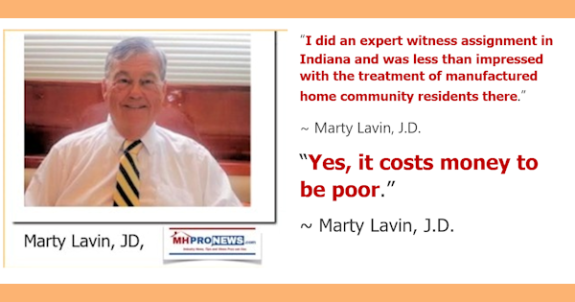
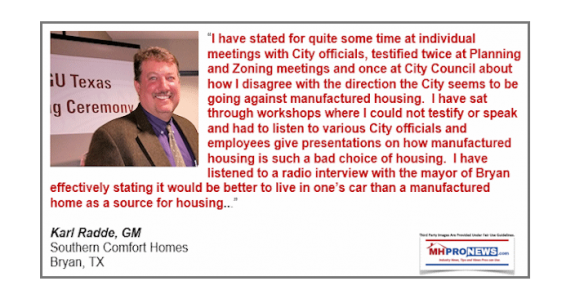
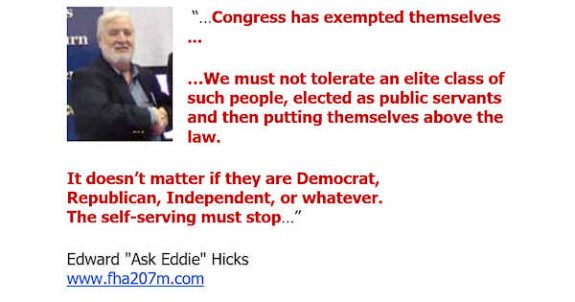
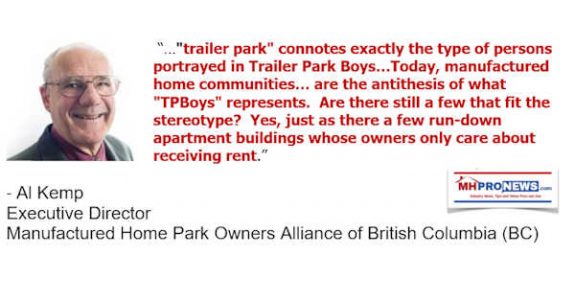
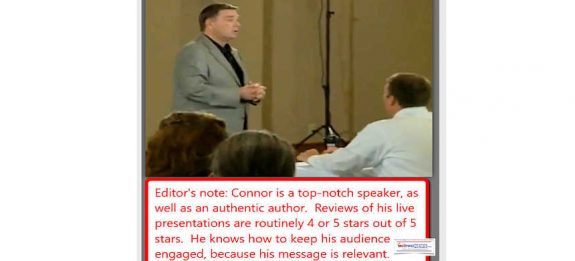
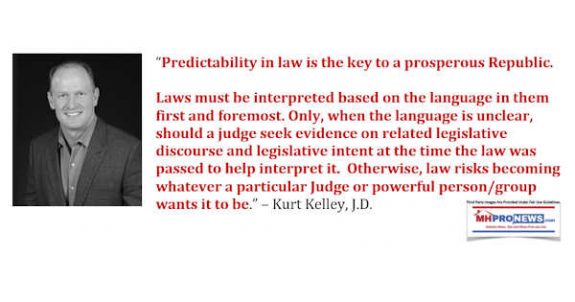
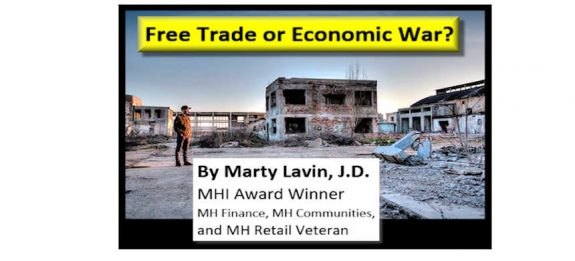
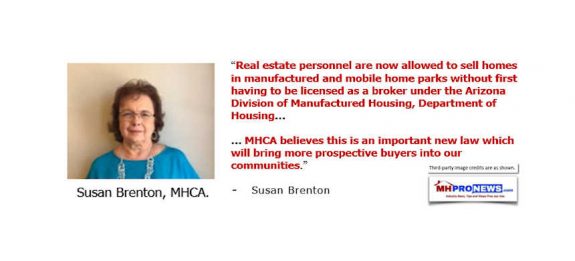
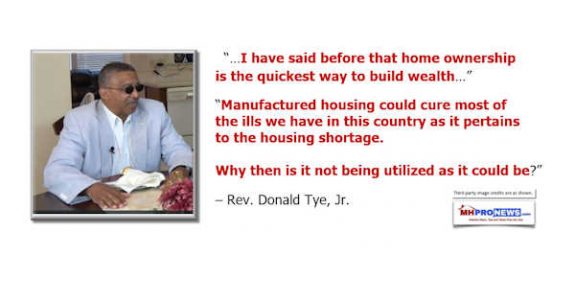
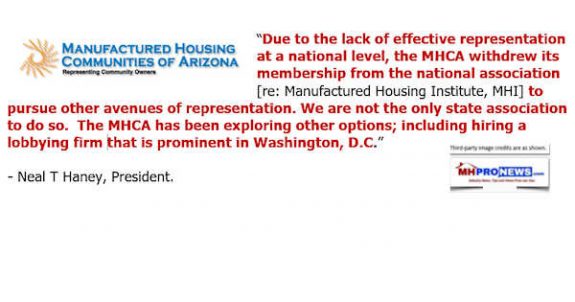

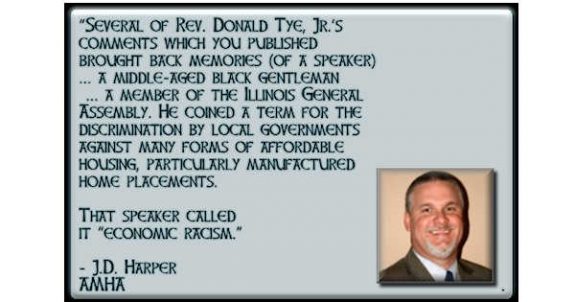
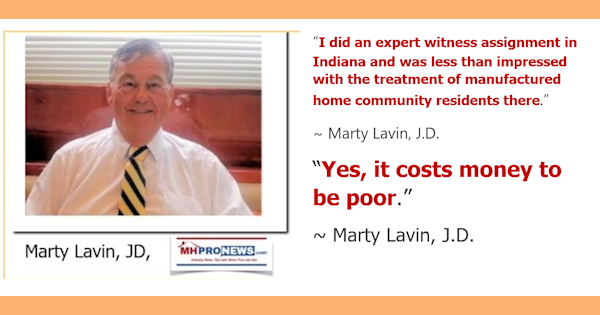
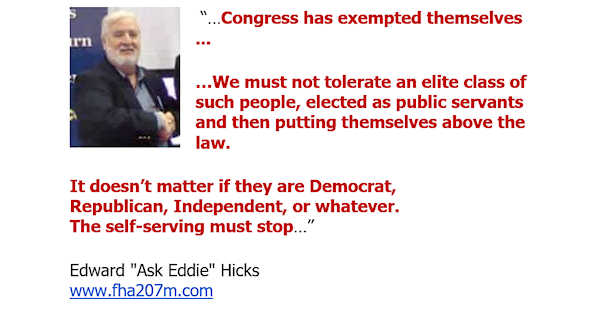
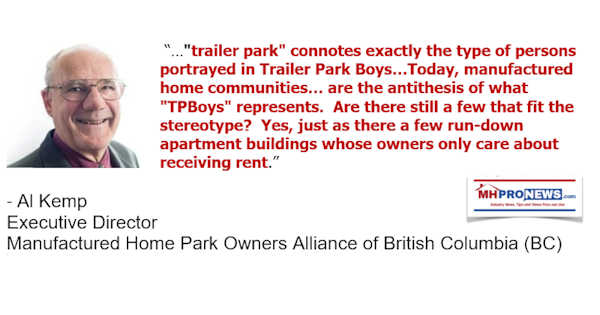
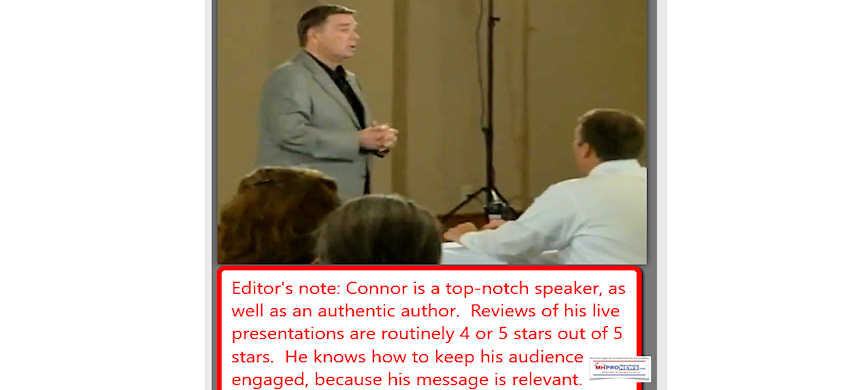
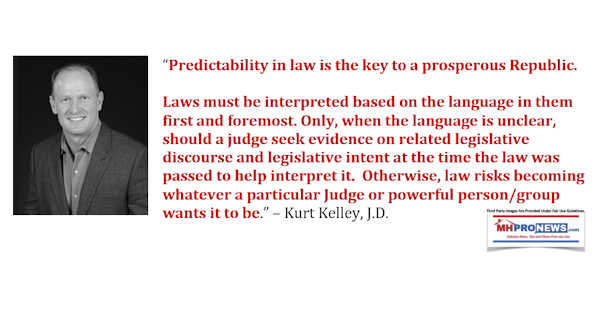
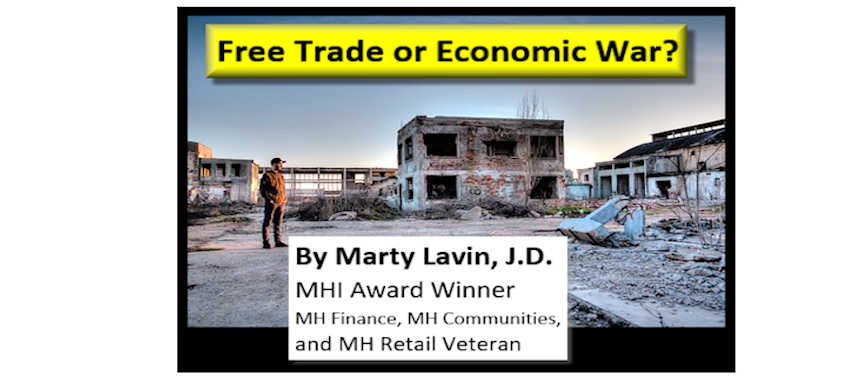
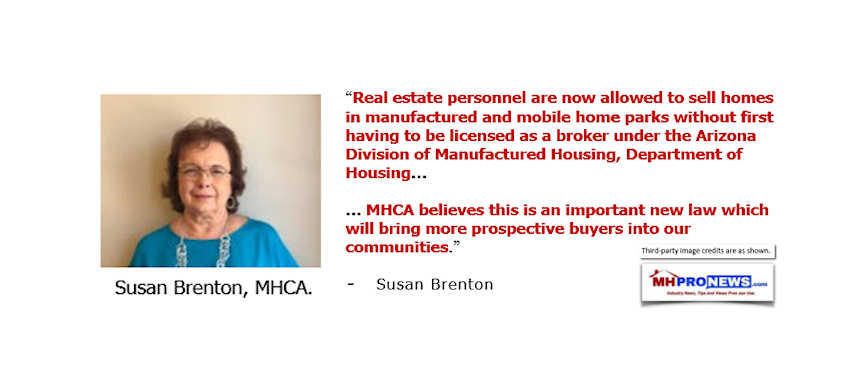
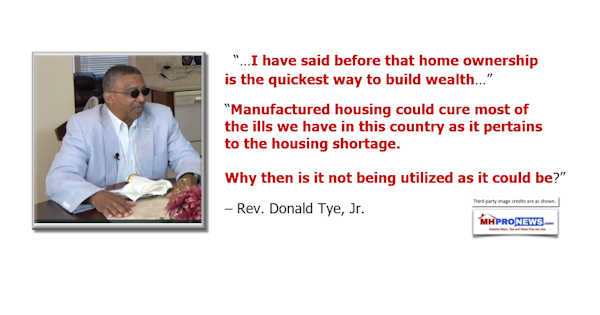
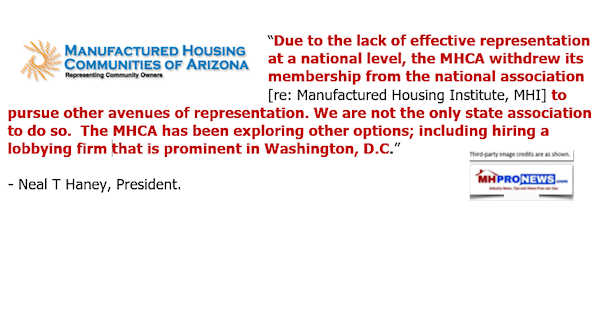

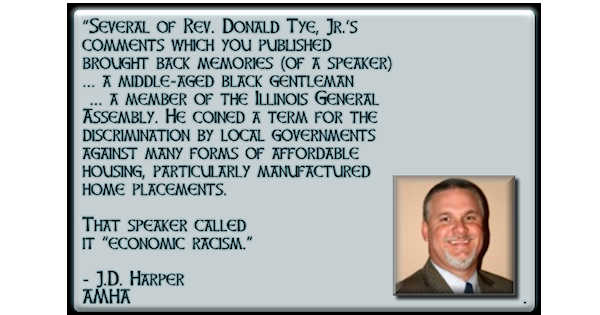
Karl Radde – TMHA, MHI, Southern Comfort Homes – Addressing Bryan City Leaders, Letter on Proposed Manufactured Home Ban
To All Concerned [Bryan City Officials, Others]: As the retail location referenced by Mr. Inderman, I would like to take a moment to address the …